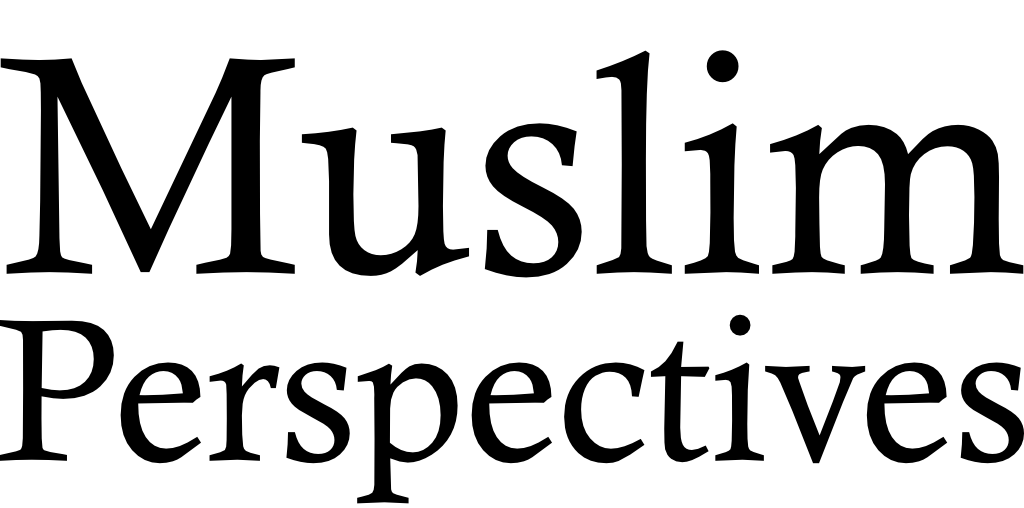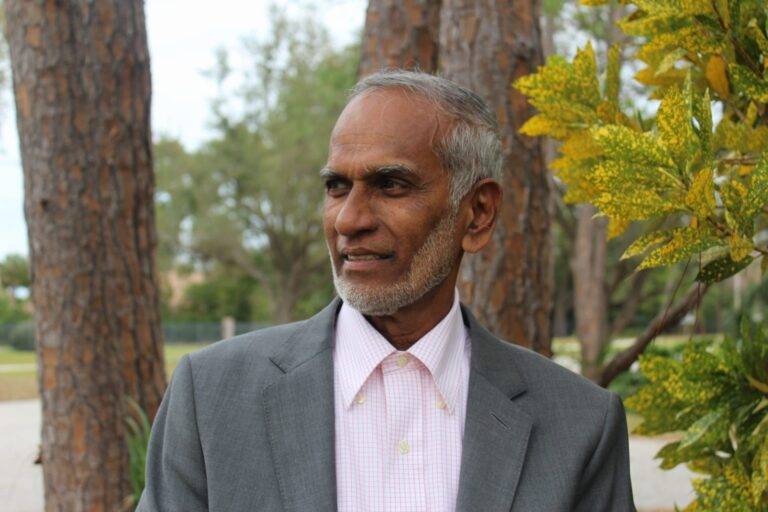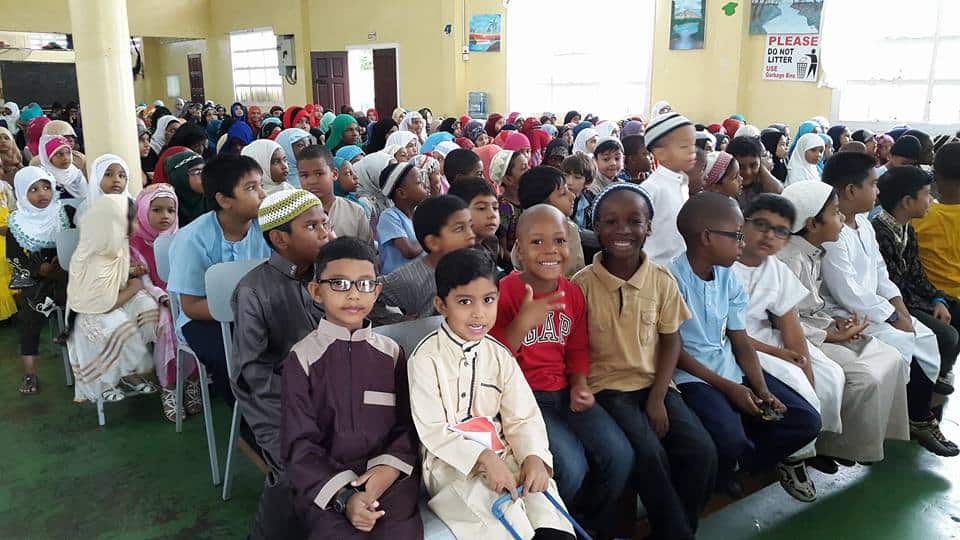Reflections on the enormous contributions to Islamic thought and on popular programs for social and religious changes bring into focus an important component of the dynamic activism of Islam. That component is the halaqah-a group of Muslims coming together to learn about Islamic values, internalize them, teach them to family members and other close ones, and then strive to articulate them at levels of community and government. This Dawah imperative is important in all circumstances. However, in the West where distractions are abundant and where stereotypes and misconceptions are egregious, it is vital that the halaqah be made central to our activities and be appropriately structured to respond to these peculiar conditions.
It is a foregone conclusion that intellectual engagement will be inescapable in the process of confronting Islamophobia, “the fear of and hostility toward Muslims and Islam that is rooted in racism.” Intellectual engagement will be unavoidable also in the process of projecting the true image of Islam. This means that, in addition to the traditional subjects such as the Quran, the Hadith and the Seerah, studies of the dominant systems, as well as of disciplines upon which those systems are based, will have to be included in the curriculum. Liberalism, social science, and political science are important in this respect. However, important as all of these are, at the epicenter of the halaqah’s program will be the traditional subjects-the Quran, the Hadith, and Islamic studies.
The Transformative Power of the Quran and the Sunna
Nothing can “beat the Muslims into shape” like the Quran and the Sunna. History can easily testify to this. Before Islam, the Arabs were known for their barbarity. Bloodthirstiness, hunger for revenge, tribalism, female infanticide, racism, favoritism, brutal oppression, especially of slaves, and other forms of human injustices were the order of the day. While the Arabian society was marked by such despicability, in international affairs the Arabs existed in obscurity. Then came the Quran, and in a short period of time a whole new generation was created that now imbibed some of the most beautiful Quranic ideals.
Justice, truth, fairness, patience, compassion and love, all intrinsic values of the Quran, now became dominant characteristics of the society. Moreover, this obscured people, now reshaped by the Quran and the examples of the Prophet, soon burst upon the surrounding lands that were ruled by tyrants, giving the oppressed the opportunity to hear the Quranic message and to learn about Islam. In a short period of time, a New World View came into being, one that allowed the people for the first time to feel truly free and dignified. The halaqah was the medium for both the transmission of these Quranic ideals and for the unprecedented shift in mindset that occurred.
The Halaqah Induces Critical Thinking
By its very nature, the halaqah is bound to create a shift in mindset (among participants). A shift in paradigm does not occur in a vacuum; rather it takes place against the backdrop of studies, interactions, discussions, observations and, above all, efforts at character building. The halaqah creates profound intellectual and moral changes -the ability to discern right from wrong, the moral conviction to adhere to the highest standards, the intellectual clarity to expose the flaws of the dominant systems that are responsible for racism and other social diseases, and the courage to show Islam as the only alternative to these destructive ways. These are, however, not without challenges.
The hold that the dominant ideologies have on Western societies makes inherent flaws appear as progress and enlightenment. In some cases, these illusions are deeply entrenched in the psyche of the people. With this kind of orientation so embedded and with the influence of liberal ideologies, with variants that are anathematic to Muslims, so obliquitous, those committed to the mission of pivoting society towards a belief system that is based on morality, justice, and accountability to Allah will inevitably find their task difficult. The environment makes learning about Islam, applying, teaching, and propagating it, all of which constitute the purpose of the halaqah, difficult. However, with the Quran and the Seerah serving as the underpinnings of the halaqah, a new orientation emerges, one that sees personal sacrifices as the lynchpin for successful dawah in a skeptical environment.
Clarity of purpose, perseverance, fortitude and patience, all hallmarks of Muslim activists, are products of that orientation. Serving as the crucible of training, preparation, and development, the halaqah ensures the continuity of these qualities. That being the case, no sacrifices will be too difficult to make to deal with inevitable challenges such as verbal abuses and -increasingly-physical harms that frequently occur in the process of engaging with non-Muslims in our heightened environment. Many will be receptive, but many will not show good-will toward those engaged in inviting to Islam. This unpleasant reality has existed from the very inception of Islam.
The Futility of Opposing the Message of the Quran
Those who opposed the message when it was first proclaimed tried relentlessly to prevent it from being heard and practiced in public. But they never succeeded in stopping the tide of change unleashed by the message of the Quran. Through the knowledge gained from studying Islam in groups, the new Muslims exposed the flaws of their society and showed that only Islam could lead to the path of eternal peace, justice, and happiness. They were effective in this because of their strong conviction and because of their resolve to pattern themselves after the Prophet, described in the Quran as the best example for mankind.
As it was imperative in that era both to oppose and to transform society’s values and practices that did not accord with the ethos of the Quran, it is important now both to confront and to eliminate today’s social diseases, often disguised as progress and enlightenment, with a great sense of urgency. Otherwise, the dominant ideologies and belief systems that underpin ubiquitous injustices and wrong doings will continue to flourish. That is the focal point of the halaqah-to transform society through concretely articulating and spreading the message of the Quran and the Hadith. With the Quran and the Seerah as its curricular foundation, supported by other disciplines, the halaqah can be a powerful tool for change in the West.



